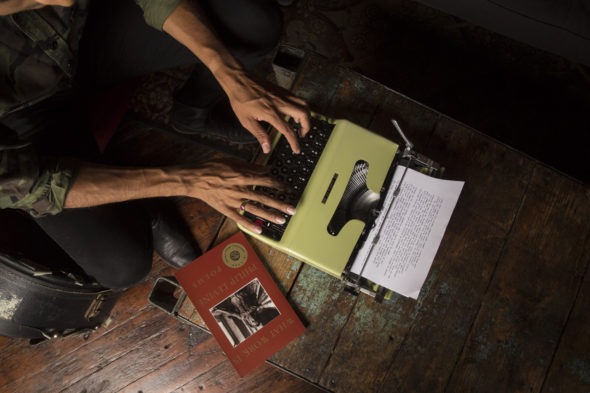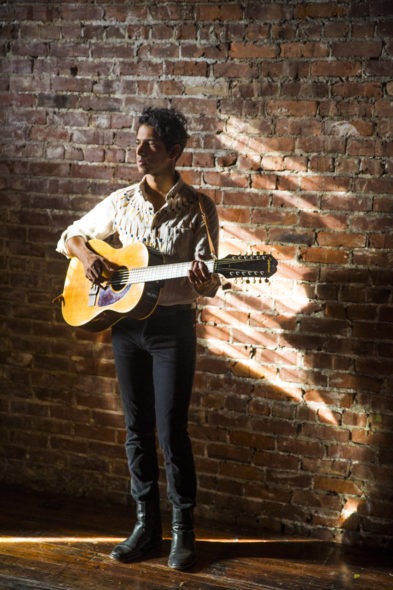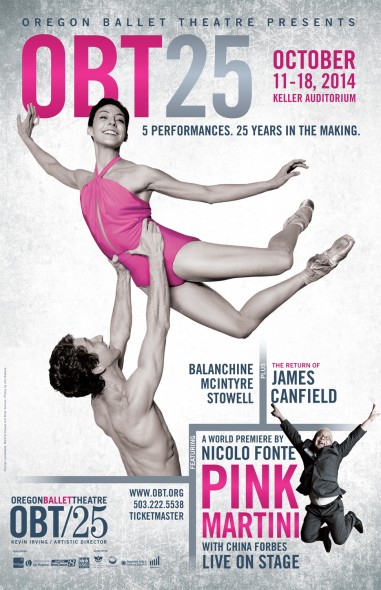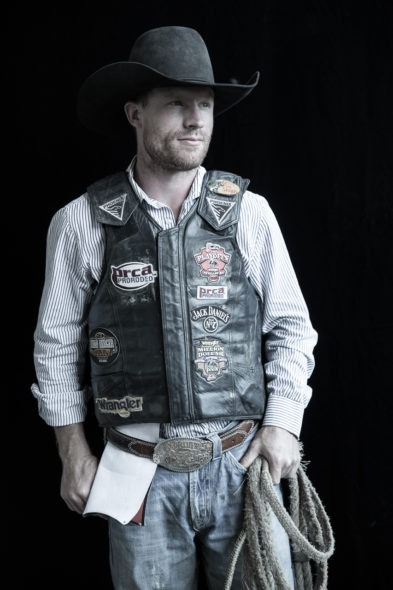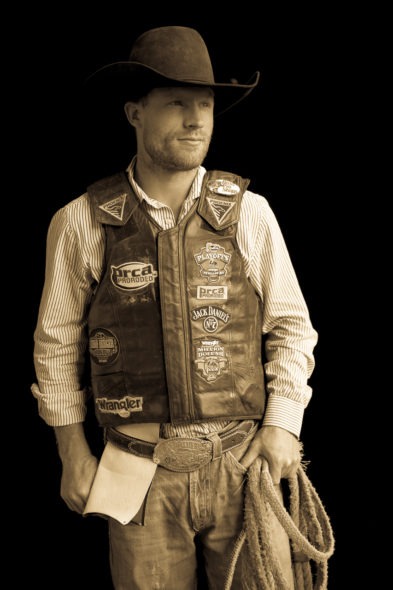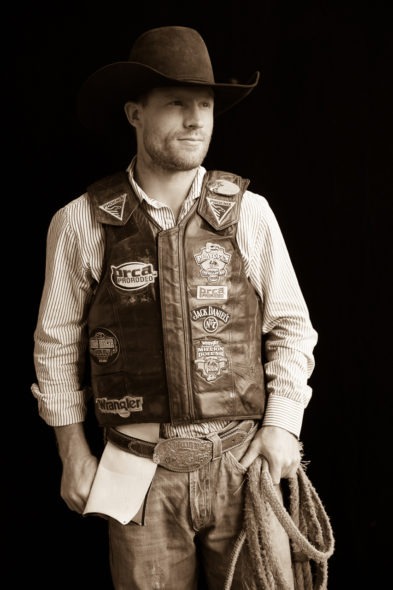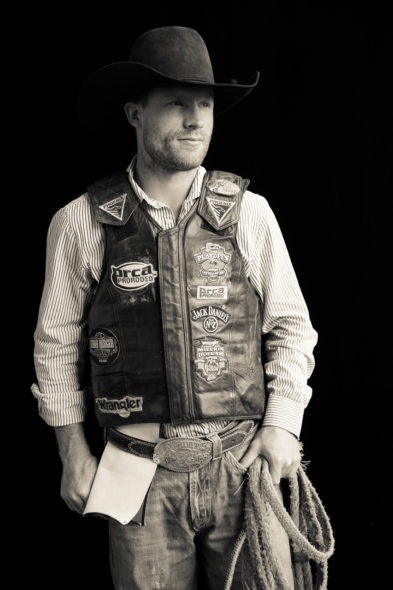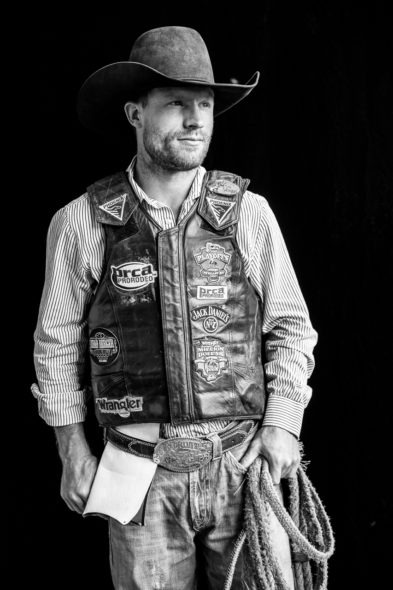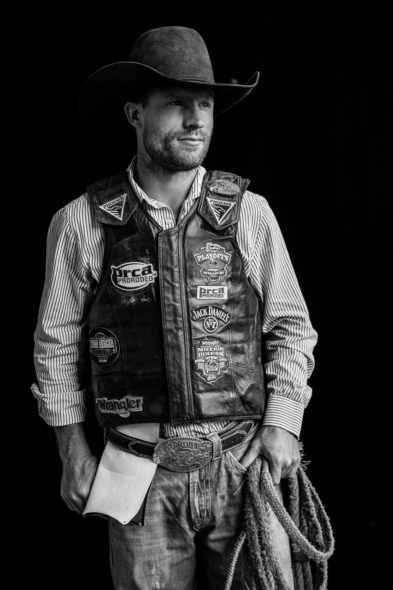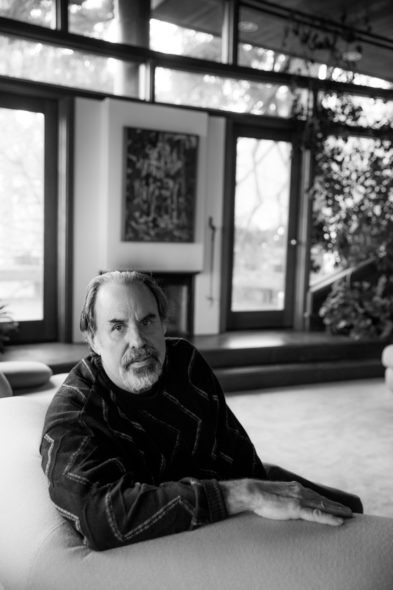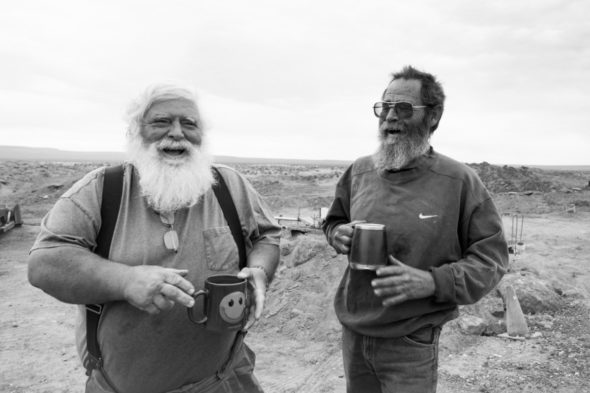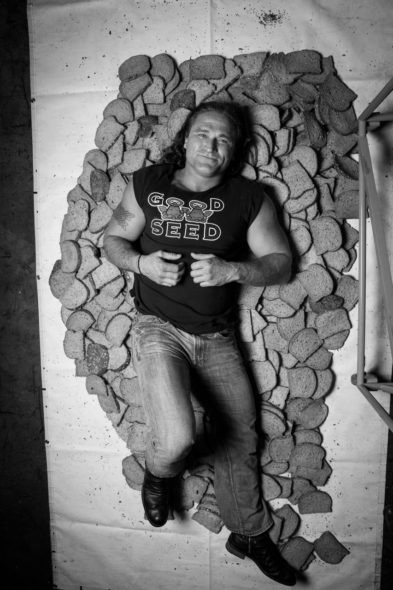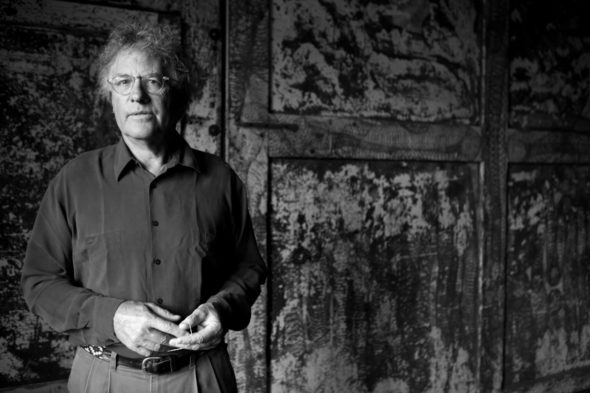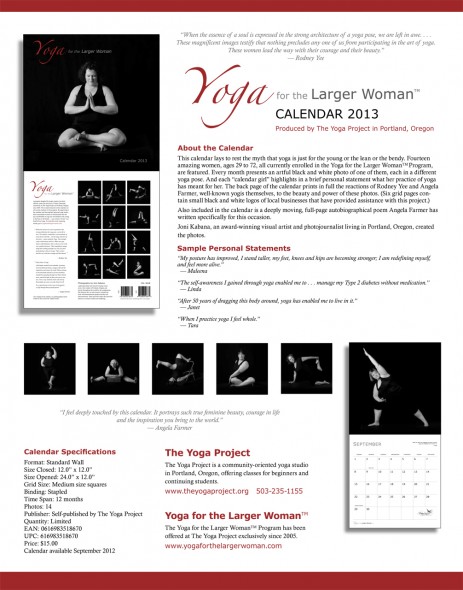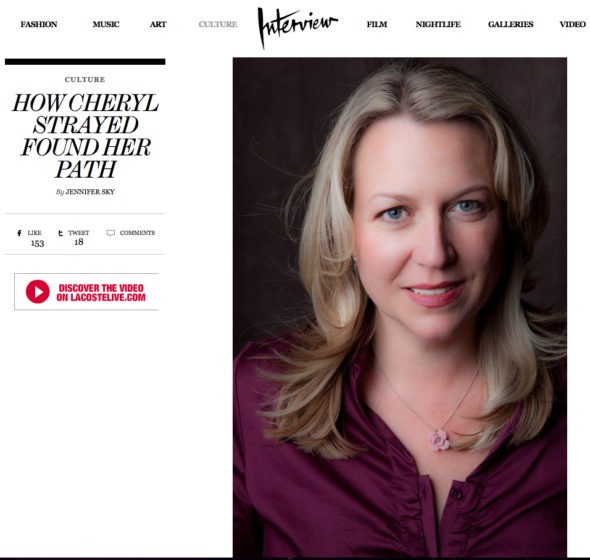I was there to make dancer portraits, and even though they came right from brutal practice to sit before my camera, they each faced the lens with authentic passion in their eyes.
Category Archives: Studio
Vista Capital Portraits
We scheduled the portrait sessions in the Rose Garden last month so that a bit of greenery was included in the background, which represents many of their offerings. Quite a departure from their previous stark white and square portrait layout!
OnTrak Magazine: Vikesh Kapoor
This is Vikesh Kapoor‘s style of song, and he sings it with conviction, as though he really did experience such down trodden affairs.
Photographing him was not an easy task – when he reaches for his guitar and begins to sing, he is lost in the lyrics and I had a difficult time finding a connection through the camera. For most of our session, I just put the camera aside and listened to him.
Once the guitar is by his side, he returns to his impish and stylish self, joking and smiling in a playful manner. But the specs of my assignment was to photograph him while he was playing. I waited and joined him in his means of story-telling, forgetting that I had a job to do. Sometime during his songs, I was able to pick up the camera and create these images by not looking through the experience-ruining lens.
Something feels a bit controlled about him, but not in the traditional way. He seems to be really thinking about things: his day, his upcoming tour, his lovely girlfriend perhaps? No, there seems to be a tragedy that lurks behind his boyish grins. Who knows if he has experienced some trauma that brings him to this music – it doesn’t matter. He doesn’t seem to question where his creative center comes from, and neither should I.
The Portland Mercury writes that his album “The Ballad of Willy Robbins is a vital, blood-spattered document of the times America currently finds itself in, examining hard-working people and their families as they’re sidelined by big business and the bottom dollar”. At such a young age, he is certainly able to channel nuance, the loss of a cherished something or someone, with anguished tentacles running deeper than we allow ourselves to feel in this highly distracting world.
I wonder what he will do next.
Images shot for OnTrak Magazine; his story is on Amtrak trains now.
Pink Martini + Oregon Balley Theatre
Here are two renditions of the poster they created for this performance.
Photographing Thomas Lauderdale of Pink Martini was a highlight of my career. He was alert, game for anything, and even taught me a lesson or two.
New Broncolor Skirt!
I got this hair brain idea to wear the octabox as a skirt. My friend and fab photographer Raina Stinson offered to photograph my new look, and here is the result! See more of her photos here.
Short video clip here.
Hair by Michele Wade.
How Do You Like Your Cowboy?
Say hi to Cody Campbell!
In Bed With A Magazine
And I am a cheap date: magazine editorial rates can pay for a few books, but hardly enough to help with college tuition for my three offspring.
But if truth be told, I do this because I repeatedly fall in love with some of the subjects. I never know when it will hit me, and it is a random thing. The way a hand brushes lint from a skirt, a pause in a spoken sentence, a flip of an attitude, a squeal of glee, one sarcastic comment.
I go home, download the images, and BAM. I am in love.
Here are a few people who have had that effect on me. There are more tucked away on external hard drives, but I snagged a few here because, well, I love to think about what they bring to the world, one small gesture at a time.
(See if you can guess who each person is. Scroll your cursor over each image for the answer.)
An author:
A girl living happily on a commune:
A beer maker and a building restorer:
The Littlest Cowboy In Frenchglen, Oregon:
A dancer:
A redneck bar stool philosopher:
An architect with a penchant for the drawing outside of the box:
Two crusty miners in Plush, Oregon:
A lovely creative force who conceived of The Girl Effect:
A bread maker:
Another author:
Yoga For The Larger Woman
In a country where the beauty norm is often associated with ultra thin bodies, it is inspiring to see these women transcend stereotypes and show the world how they honor their bodies and minds within the practice of yoga.
Many thanks to Lloyd Lemmermann who captured sound, and Nina Johnson who was on hand to offer technical assistance and digital file management. Their support and energy toward the project was profoundly appreciated.
Contact The Yoga Project to order a calendar. Your support and nod of encouragement means the world to these women who have lowered their blood pressure, discontinued anti-depressants, stopped needing insulin and have enjoyed a variety of other health benefits via their practice of yoga.
An added bonus: Angela Farmer wrote a poem specifically for this project.
View news story here.
Cheryl Strayed Author Photo: Wildly Running Rampant!
Her book is everywhere, she is being interviewed on all kinds of programs in numerous cities (at once!) and soon she will be riding the Hollywood train, as her book movie rights were purchased by Reese Witherspoon, who will produce and star in the upcoming movie.
I can’t keep up with her, and where my author photo is landing. Here are a few places.
NPR:





